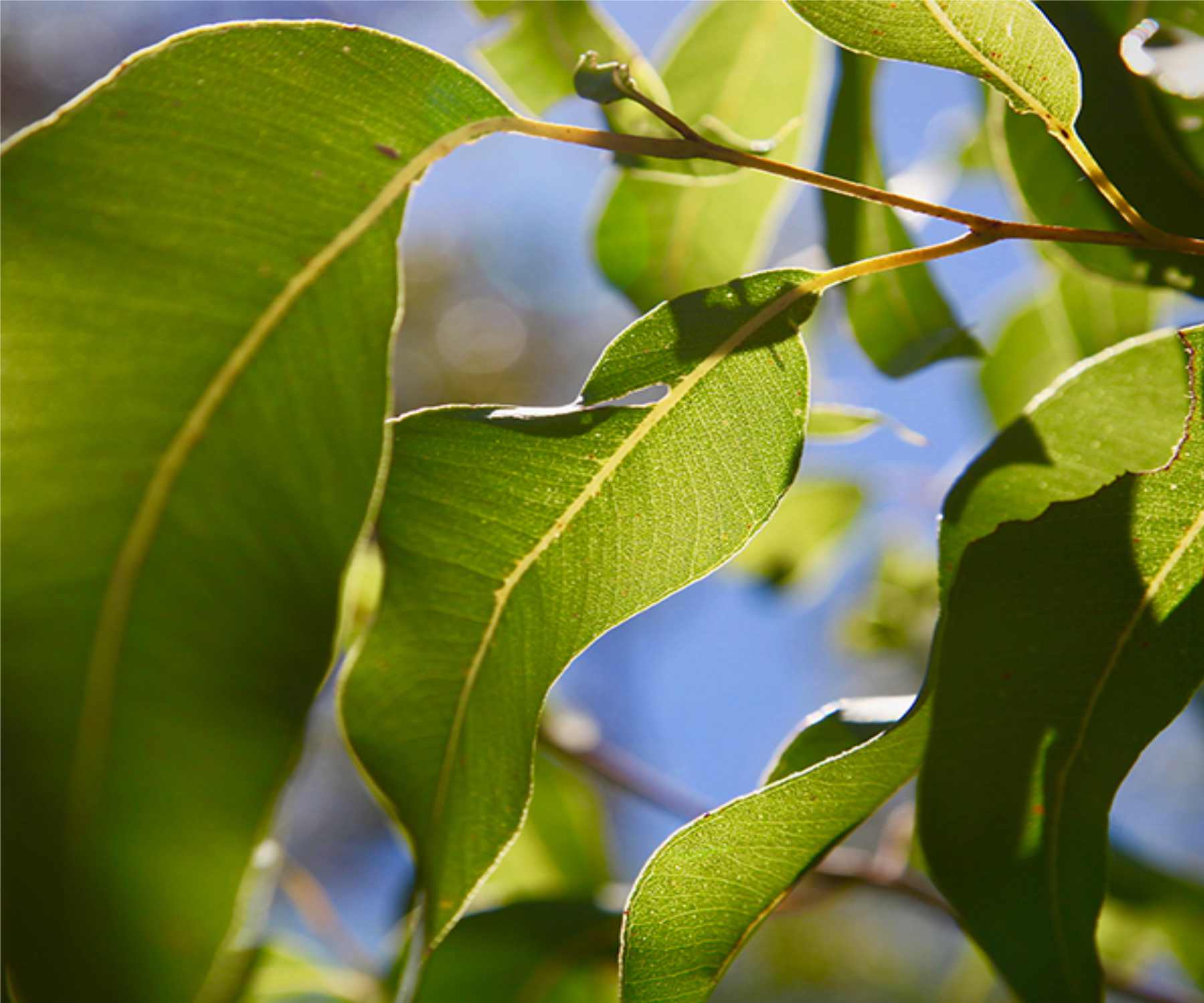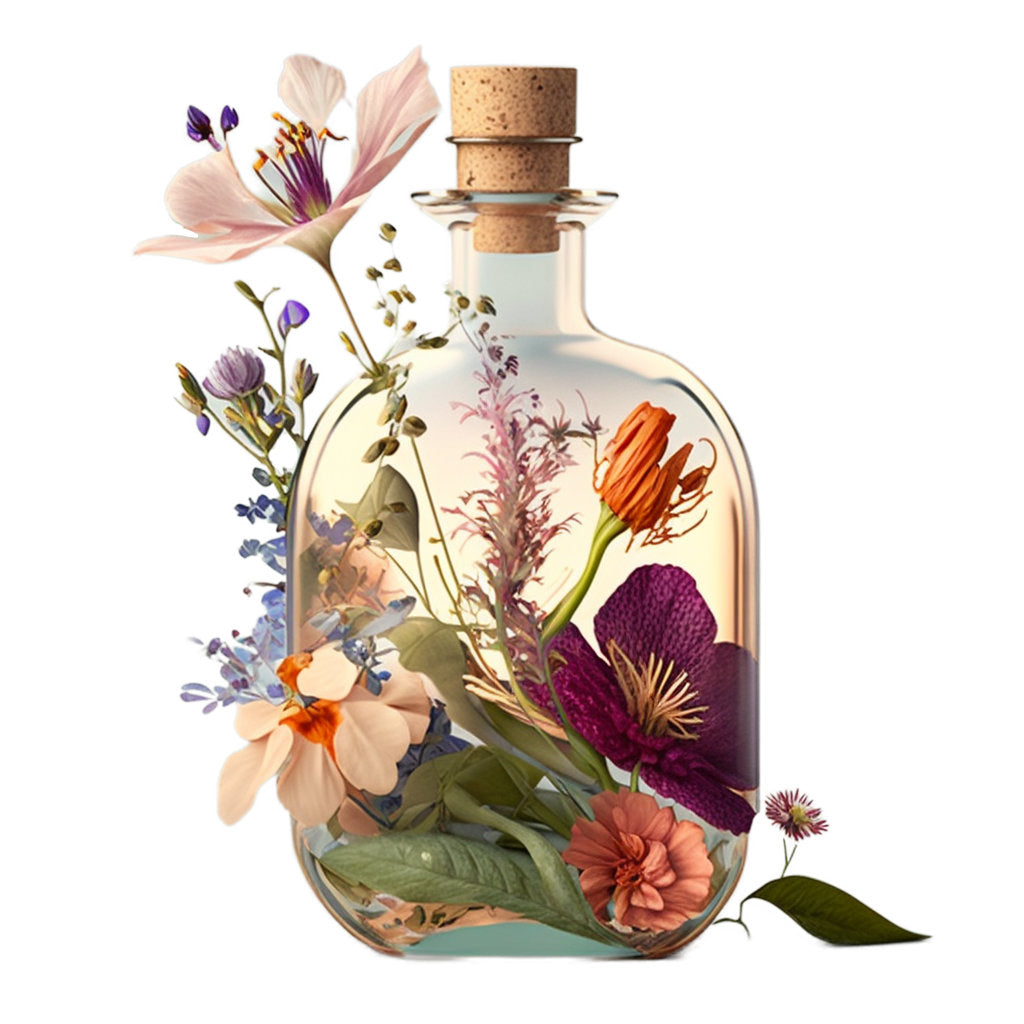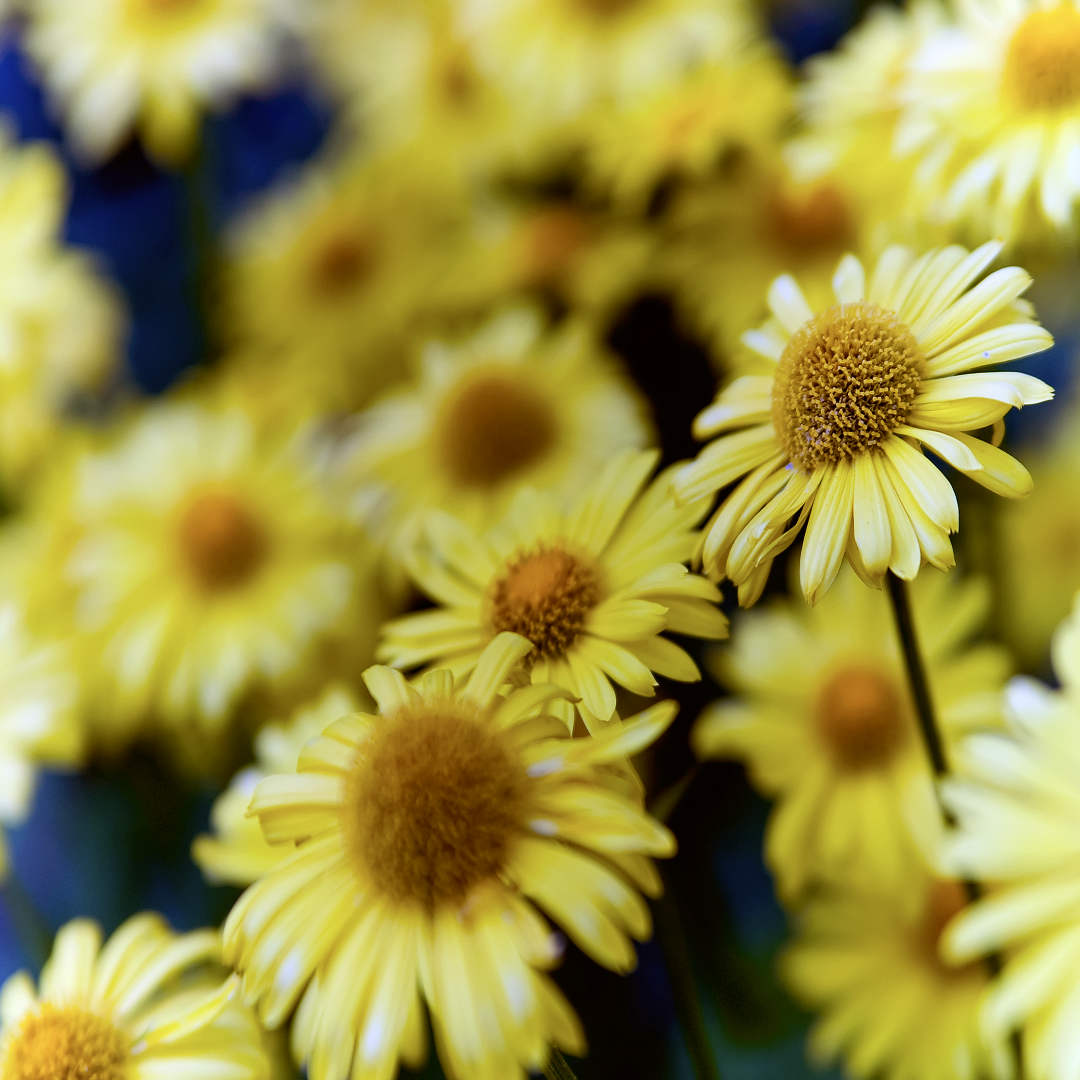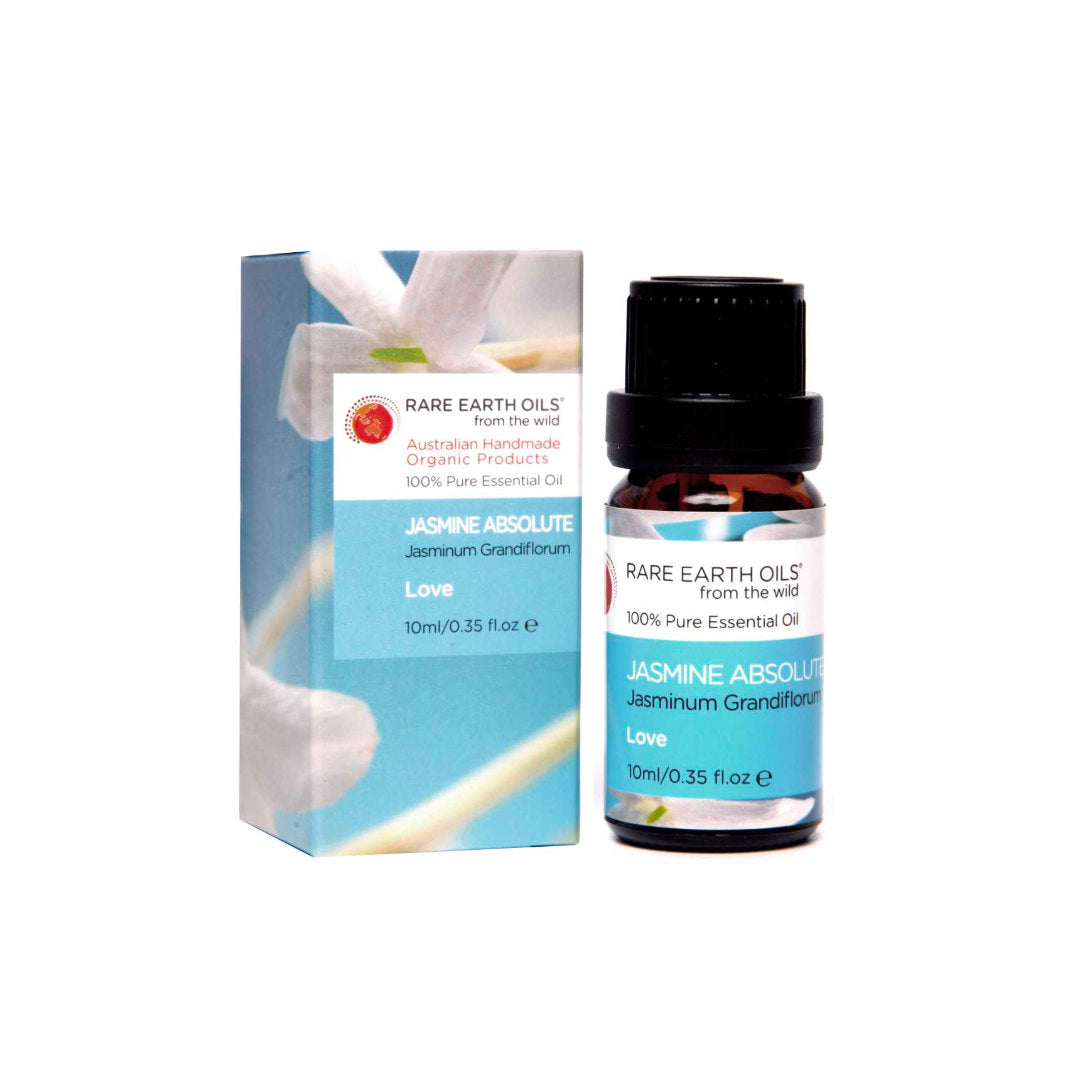
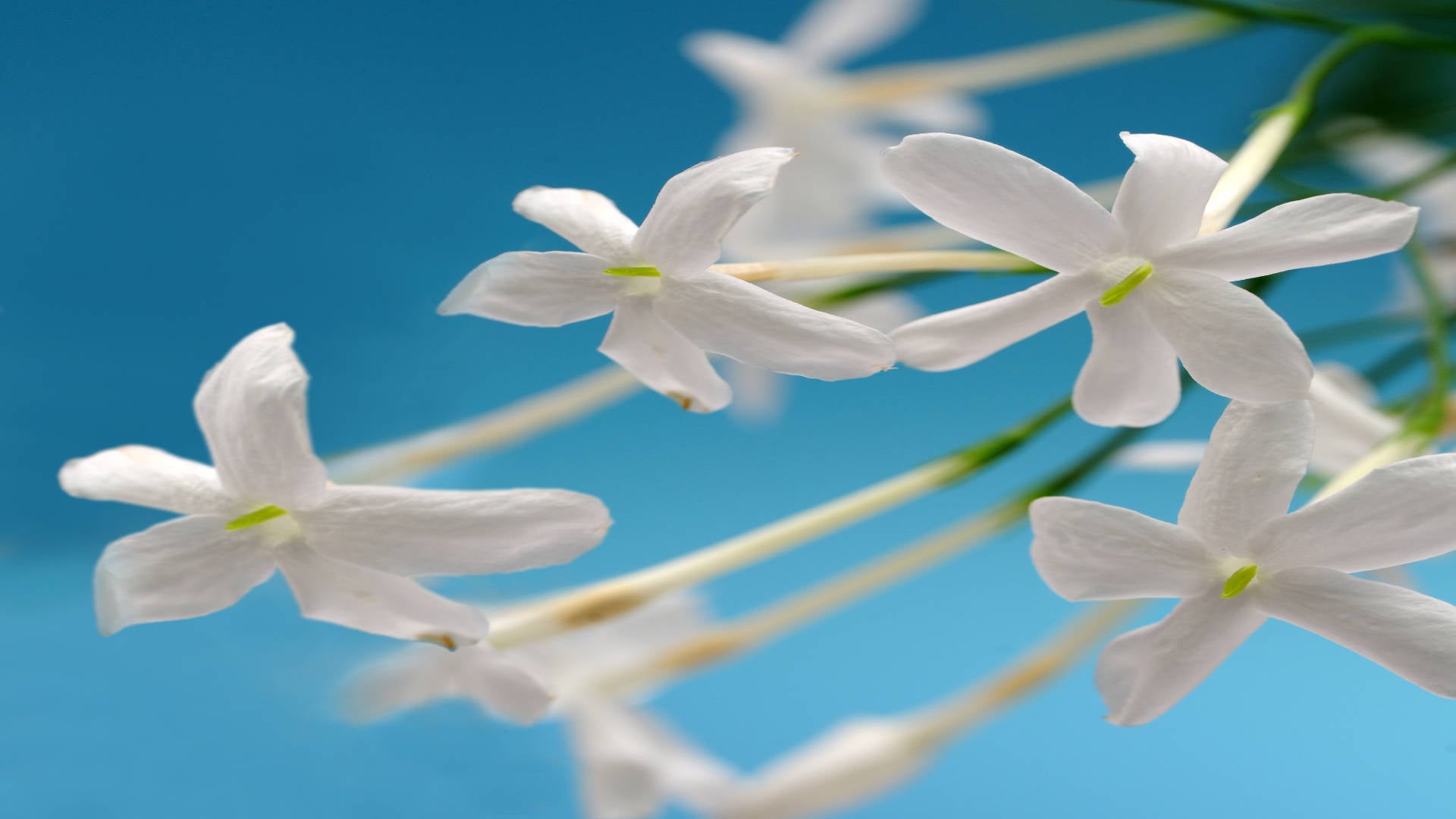
Jasmine Absolute
Explore the captivating, sweet, sensual aroma of our Jasmine Absolute Essential Oil. Journey through desire, liberate your imagination and awaken playfulness and Surrender to love with this exotic essential oil.
A natural aphrodisiac, Jasmine helps us ignite passion and dissolve inhibitions for truely unforgettable moments..
Botanical Name: Jasminum grandiflorum
Aroma: Exotic, sweet, deep floral aroma with oriental, warm, rich undertones. A deeply sensual aroma
Note: Mid/Base
Status: Absolute
Chakra: Heart
Method of extraction: Enfluerage

Aromatherapy
Jasmine creates optimism, develops exhilarating playfulness, liberates the imagination and releases inhibitions giving us the ability to transcend to a new understanding and capacity to love. It is particularly helpful for emotional dilemmas, especially when they involve relationships and sex.
Jasmine was considered one of the most effective oils for soothing depression, anxiety and restlessness, resulting from repression and unconscious restraint. Well known as an aphrodisiac, Jasmine is believed to have the power to transcend physical love and fully release sexual energy. It can help reduce fear, anxiety and boost confidence. Often used to relieve the symptoms of childbirth.
Traditional Uses
Originating in Kashmir and native to India and Asia, Jasmine has been used since antiquity for religious ceremonies. In India Jasmine symbolises divine hope and the sweetness of women.
Historically used to relieve depression and stress, it is stimulating and disperses lethargy and apathy. It has a positive effect on uterine problems – relieves spasms of the uterus and delayed and painful menstruation.
One of the most effective in childbirth (when used in massage oil and rubbed into the abdomen and lower back) to relieve pain, strengthen contractions and help with the expulsion of the placenta aiding post-natal recovery. Good to combine in a massage oil with Clary sage.
Suggested Uses
Add to massage oil and apply directly to the abdomen for childbirth and menstrual problems
Add a few drops to a warm bath or to skin care
Direct Inhalation - diffuser
Safety
Jasmine oils has been reported to be non-irritating, non-sensitising and non-phototoxic.
However there has been reports Jasmine oil may cause allergies (spec components coniferyl acetate and coniferyl benzoate)
Please check individual allergies.
Blends with
Rose geranium, bergamot, frankincense, sandalwood, patchouli, lemongrass, sweet orange, mandarin, vetiver
Jasmine creates optimism, develops exhilarating playfulness, liberates the imagination and releases inhibitions giving us the ability to transcend to a new understanding and capacity to love. It is particularly helpful for emotional dilemmas, especially when they involve relationships and sex.
Jasmine was considered one of the most effective oils for soothing depression, anxiety and restlessness, resulting from repression and unconscious restraint. Well known as an aphrodisiac, Jasmine is believed to have the power to transcend physical love and fully release sexual energy. It can help reduce fear, anxiety and boost confidence. Often used to relieve the symptoms of childbirth.
Originating in Kashmir and native to India and Asia, Jasmine has been used since antiquity for religious ceremonies. In India Jasmine symbolises divine hope and the sweetness of women.
Historically used to relieve depression and stress, it is stimulating and disperses lethargy and apathy. It has a positive effect on uterine problems – relieves spasms of the uterus and delayed and painful menstruation.
One of the most effective in childbirth (when used in massage oil and rubbed into the abdomen and lower back) to relieve pain, strengthen contractions and help with the expulsion of the placenta aiding post-natal recovery. Good to combine in a massage oil with Clary sage.
Suggested Uses
Add to massage oil and apply directly to the abdomen for childbirth and menstrual problems
Add a few drops to a warm bath or to skin care
Direct Inhalation - diffuser
Jasmine oils has been reported to be non-irritating, non-sensitising and non-phototoxic.
However there has been reports Jasmine oil may cause allergies (spec components coniferyl acetate and coniferyl benzoate)
Please check individual allergies.
Rose geranium, bergamot, frankincense, sandalwood, patchouli, lemongrass, sweet orange, mandarin, vetiver

